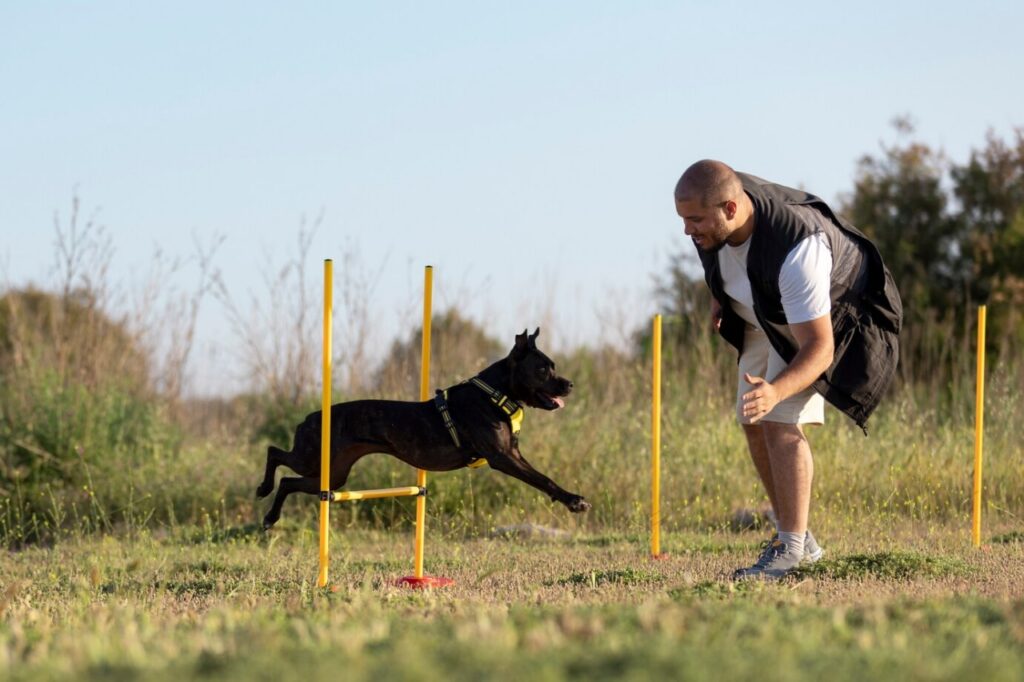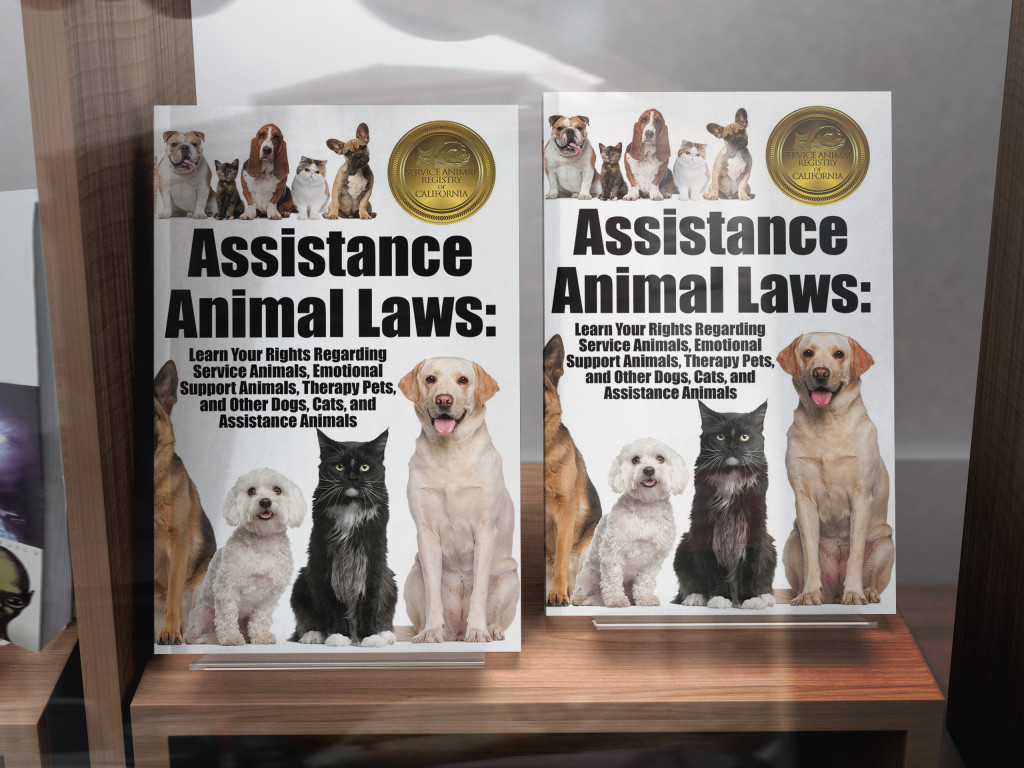
The Americans with Disabilities Act (ADA) is a landmark civil rights law enacted in 1990 that prohibits discrimination based on disability. One of the more frequently misunderstood aspects of the ADA involves service animals. A common question arises: Does the ADA require service animals to be professionally trained? The answer is no — the ADA does not require service animals to undergo professional training. Instead, the law focuses on the tasks the animal performs and the rights of the individual with a disability.
Definition of a Service Animal under the ADA
Under the ADA, a service animal is defined as a dog (and in some cases, a miniature horse) that is individually trained to perform tasks or do work for the benefit of a person with a disability. These tasks must be directly related to the person’s disability. Examples include guiding a person who is blind, alerting someone who is deaf, pulling a wheelchair, or calming a person with PTSD during anxiety attacks.
The emphasis is on what the animal does, not how or where it was trained.
Professional Training Not Required
The ADA does not mandate that service animals be trained by a professional service animal organization. In fact, individuals are legally permitted to train their own service animals. The law acknowledges that disabilities and individual needs are diverse, and thus allows flexibility in how a dog is prepared to assist its handler.
This distinction is critical because it ensures that people who may not have the financial resources for professional training programs still have access to the benefits of a service animal. Some organizations charge thousands of dollars for professionally trained service dogs, which may be inaccessible to many individuals. The ADA’s stance promotes equity and inclusion by removing that financial barrier.
Discover: What Does It Take To Train a Service Dog?
What Is Required?
While professional training is not a requirement, the ADA does require that service animals be under control at all times, typically via a harness, leash, or tether unless those interfere with the service animal’s tasks. The animal must also be housebroken and non-aggressive. Businesses and public spaces may ask two questions to determine whether a dog is a service animal:
- Is the dog a service animal required because of a disability?
- What work or task has the dog been trained to perform?
They may not ask for documentation or proof of training, nor can they require the dog to demonstrate its task.
Conclusion
The ADA’s flexible approach recognizes the diverse needs of individuals with disabilities by allowing service animals to be trained by their owners rather than requiring expensive or formal certification. The core criterion is that the animal performs a specific task related to a person’s disability — not the prestige of its training program. This policy ensures broader access to vital support and upholds the civil rights of people with disabilities.
Do you own an assistance animal? Register your pet today. The Service Animal Registry of California invites you to have your assistance animal registered in order to designate its status. We also encourage you to take our online classes so you can be fully aware of your rights and gain more knowledge about your support animal.
Finally, we present to you our book entitled, “ASSISTANCE ANIMAL LAWS: LEARN YOUR RIGHTS REGARDING SERVICE ANIMALS, EMOTIONAL SUPPORT ANIMALS, THERAPY PETS, AND OTHER DOGS, CATS, AND ASSISTANCE ANIMALS” to provide you with a complete education on assistance animals. Purchase your copy of the book by clicking the image below.

